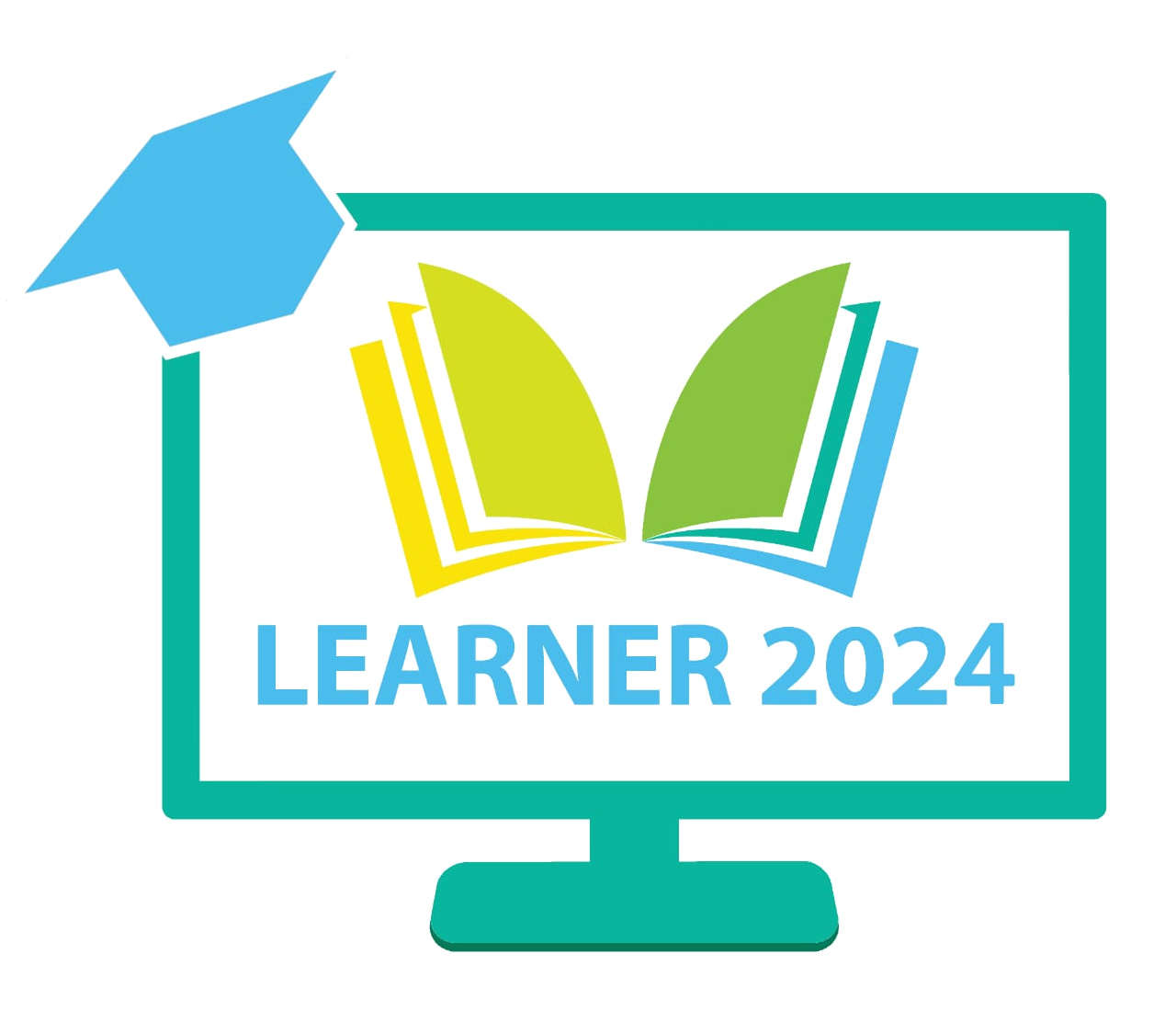LEARNER workshop 2024

evaLuation and assEssment in softwARe eNgineers’ Education and tRaining
(LEARNER 2024)
Co-located at EASE 2024 Salerno, Italy
About the workshop
The LEARNER (evaLuation and assEssment in softwARe eNgineers’ Education and tRaining) 2024 workshop aims to bring together researchers, educators, and trainers from both academia and industry to discuss and advance the state of the art on the evaluation and assessment of education and training of present and future software engineers. In other words, the goal of LEARNER is to assess and evaluate educational and training approaches to let software engineers acquire the required soft and hard skills, as well as to experiment (and then assess and evaluate) novel educational and training means, including the use of any resource or technology for educational and training purposes of software engineers. LEARNER 2024 is also interested in evaluating and assessing both soft and hard skills required to software engineers, as well as engagement and retention (e.g. gender balance) in the education and training of software engineers.
Important dates
- Submission deadline: 8 March 2024
- Acceptance notification: 12 April 2024
- Camera-ready submission: 26 April 2024
- Early registration deadline: 5 May 2024
- Workshops take place on: 21 June 21 2024.
Topics
LEARNER 2024 encourages contributions covering any topic related to (quantitative, qualitative, and mixed) research in the context of software engineers’ education and training.
The topics of interest include, but are not limited to:
- Educational and training methods for acquiring hard (e.g. software programming, software testing, artificial intelligence, conceptual modeling, hardware and software technologies, software development methodologies, etc.) and soft skills (e.g. problem-solving, stress management, teamwork etc.) required to software engineers;
- Role of soft skills and human factors in the education and training of software engineers;
- Measurement of hard skills, as well as soft skills required to software engineers;
- Pedagogical approaches supporting software engineers’ education and training in distributed and remote settings;
- Education and training of software engineers in university and workplace settings;
- Online platforms and software tools specifically designed or simply used for education and training purposes of software engineers;
- Continuous training of software engineers;
- Engagement and retention (e.g. gender balance) in software engineers’ education and training.
Special theme
This year’s special theme will be Software Testing Education and Training.
The topics of interest for this special theme include, but are not limited to:
- Educational and training methods for software testing;
- Models, methods, and techniques for evaluating the effectiveness of software testing education;
- Evaluation on innovative software testing teaching processes;
- Role of soft skills and human factors in the education and training of software testers;
- Metrics, measures, and assessment techniques to evaluate knowledge in testing courses;
- Tools specifically designed for education and training of software testing;
- Any means for improving software testing education and training not listed above.
Submissions
Any paper must be written in English, contain original unpublished work, official ACM Primary Article Template (https://www.acm.org/publications/proceedings-template). LEARNER 2024 will employ a double-blind review process. Papers must be submitted in PDF format through EasyChair (link). Accepted papers will be published in the joint workshop proceedings in the ACM Digital Library.
The authors have three options for submitting their papers:
- Full research papers (max 10 pages) that describe empirical research (i.e. quantitative, qualitative, and mixed research) on topics related to software engineers’ education and training. Negative-results papers are welcome as long as they can support advice or lessons learned. Papers reporting replications of empirical studies are welcome as well.
- Experience-report papers (max 5 pages) that describe an experience on topics related to software engineers’ education and training. Unlike research papers, experience-report ones do not leverage empirical research (i.e. quantitative, qualitative, and mixed research) to distill findings. Experience-report papers are of interest as long as they provide an interpretation of the experience in terms of lessons learned and actionable tips.
- Ongoing-research papers (max 5 pages) that describe ongoing research on topics related to software engineers’ education and training. The purpose of these papers is to communicate new ideas in the context of software engineers’ education and training for which the authors want to obtain early feedback from the workshop community, especially on the evaluation and assessment strategies. An ongoing-research paper must describe the idea as well as the proposed evaluation and assessment strategy possibly (but not necessarily) with some preliminary results. For example, an ongoing-research paper can present a novel educational approach or a software tool for education and training purposes of software engineers students along with the planned evaluation and assessment strategy.
Organizers
Tanja Vos
Universitat Politècnica de València (Spain) and Open Universiteit (The Netherlands)
Anna Rita Fasolino
University of Napoli Federico II (Italy)
Beatriz Marín
Universitat Politècnica de Valencia (Spain)
Mehrdad Saadatmand
RISE Research Institutes of Sweden (Sweden)
Program committee
- Cecilia Bastarrica, Universidad de Chile, Chile
- Jan Carlson, Malardalen University, Sweden;
- Marian Daun, Technical University of Applied Sciences Wurzburg-Schweinfurt, Germany;
- João Pascoal Faria, University of Porto, Portugal;
- Monique Snoeck, KU Leuven, Belgium;
- Nuno Flores, University of Porto, Portugal.
- Gordon Fraser, University of Passau, Germany;
- Isabel Brito, Polytechnic Institute of Beja, Portugal;
- Ana Paiva, University of Porto, Portugal;
- Porfirio Tramontana, University of Napoli Federico II, Italy;
- Jose Luis de la Vara, Universidad Castilla – La Mancha, Spain;
- Alexandra Mendes, University of Porto, Portugal;
Previous Editions
- 1st International Workshop on evaLuation and assEssment on softwARe eNgineers’ Education and tRaining (Oulu – Finland)